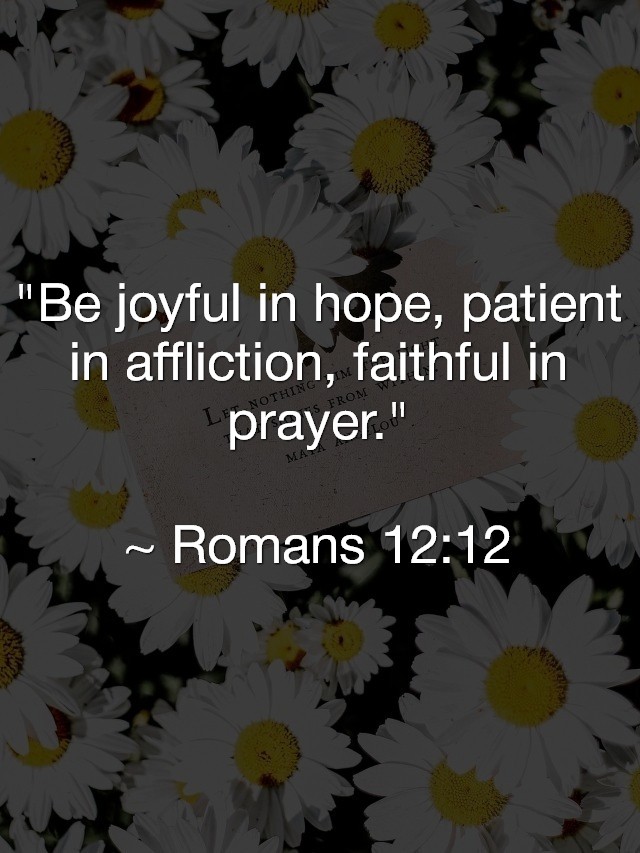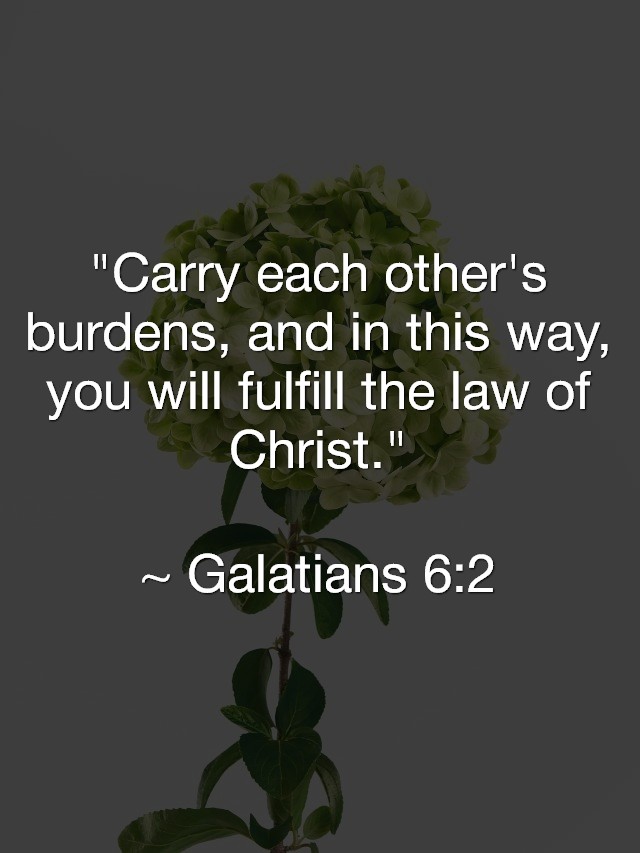Navigating a relationship with someone struggling with addiction can be incredibly challenging, especially when you deeply care for that person and envision a future together. Your story is a testament to the complexities and emotional turmoil that addiction can bring into a relationship. Here, I will provide some insights and guidance from a Christian perspective to help you navigate this difficult journey.
Mark’s Story
I’ve never dealt with addiction personally or been around anyone who has until now. This is the hardest thing in the world for me. My girlfriend and I met in college and started dating, we essentially grew up together. She started smoking marijuana in college and has been an active user ever since. I never liked it and didn’t like her smoking it all the time, but I didn’t want to interfere or act like a parent and make her stop at the time as we were 19 and barely knew each other. We were figuring out life, and I figured it would be a phase, and she would stop smoking/relying on it 24/7.
Fast-forward 10 years, and she still smokes it every day. We’ve had our conversations about it, and I still want her to stop. I’ve been putting off proposing as I want to see her start to better herself and her future before we pursue a life together any further. I’ve been ready to settle down and propose for a while.
About a year ago, her depression started to worsen, and she stopped relying on marijuana as it wasn’t getting her the high she wanted anymore, and she started drinking. I didn’t think anything of it at the time because she would never drink or enjoy alcohol all that much in the past, so starting to drink wine every once in a while wasn’t a worry. It has started getting worse where she started buying a bottle of tequila and drinking that when she was alone by herself/mixing it with juice.
She started drinking really heavily during the month of December/January when a couple of back-to-back things happened in her life. It got to the point where she was drinking and hiding it in her car. We got into a few fights, and no matter how many times I threw the bottles out, another would pop up. I finally convinced her to start therapy and lessen the drinking. We had gotten her to a really great place where she wasn’t drinking as heavily as she was the past few months, and the therapy was finally getting her to start talking about her emotions and understand within herself what feels so off.
Then, just last week, she was on vacation with her sister in Hawaii (her sister knows my girlfriend has drinking issues). They both were drinking, and they got into a really big fight (this always happens when they both drink, I recommended that alcohol not be a factor, of course, but this was not the case. I was not there to supervise; it was a trip for her sister’s work, and she had a plus one). Since that fight happened, she started drinking again. She was in such a good place until then.
She did not tell me she was drinking, nor did she tell me that she bought alcohol. I smelled it on her breath and found it in her car. She started hiding bottles of tequila from me and drinking in her car a few months back. Now I feel as though we are starting the cycle over again when I thought she was on a road to recovery.
We are looking to move across the country next month, and I’ve been pushing for this move to be a good motivator for her to be happier and try new things and to stop with the self-destructive behaviors. I really love her and want to help her get through this. I want to see her happy. I want us to build a life together and move on from this. Is it possible? Or am I just naive?
Note: All names and details have been changed to protect the privacy of the individuals involved.
Addiction is a complex issue that affects not only the individual but also their loved ones. From a biblical standpoint, addiction can be seen as a form of idolatry, where the substance or behavior takes precedence over one’s relationship with God. The Bible teaches that we are to find our satisfaction and dependence in God (Proverbs 3:5-6; Romans 6). When we turn to substances to cope with life’s challenges, we are essentially placing our trust in something other than God.
The Impact of Addiction on Relationships
Addiction can strain relationships in numerous ways. It can lead to secrecy, broken trust, and emotional distance. As you’ve experienced, your girlfriend’s addiction has led to hiding behaviors and repeated cycles of relapse, which can be incredibly disheartening. It’s important to recognize that addiction is a chronic, relapsing disorder that often requires ongoing support and intervention.
Love is patient, love is kind. It does not envy, it does not boast, it is not proud. It does not dishonor others, it is not self-seeking, it is not easily angered, it keeps no record of wrongs. Love does not delight in evil but rejoices with the truth. It always protects, always trusts, always hopes, always perseveres.1 Corinthians 13:4-7
Steps to Support Your Girlfriend
1. Establish Open Communication and Trust
Creating an environment where your girlfriend feels safe to talk about her struggles without fear of judgment is crucial. Open communication can help her feel supported and understood, which is essential for her recovery journey.
2. Encourage Professional Help
While your support is invaluable, professional help is often necessary for effective addiction treatment. Encourage her to continue therapy and consider involving addiction specialists who can provide tailored treatment plans.
Do not be anxious about anything, but in every situation, by prayer and petition, with thanksgiving, present your requests to God. And the peace of God, which transcends all understanding, will guard your hearts and your minds in Christ Jesus.Philippians 4:6-7
3. Set Healthy Boundaries
It’s important to set boundaries to protect your own well-being while supporting her. This might include not enabling her behavior by providing money for alcohol or covering up her actions. Boundaries help maintain a healthy relationship dynamic and prevent codependency.
Therefore confess your sins to each other and pray for each other so that you may be healed. The prayer of a righteous person is powerful and effective.James 5:16
4. Involve Faith and Spirituality
As a Christian, you can draw on your faith to provide strength and guidance. Encourage her to seek a relationship with God, which can offer hope and a sense of purpose. Prayer, meditation, and involvement in a faith-based community can be powerful tools in her recovery.
5. Consider a Fresh Start
Moving to a new location can provide a fresh start and remove some of the triggers associated with her addiction. However, it’s important to ensure that this move is part of a comprehensive treatment plan that includes ongoing support and resources in the new location.
6. Seek Support for Yourself
Supporting someone with an addiction can take a toll on your emotional and physical health. It’s important to seek support for yourself, whether through counseling, support groups, or trusted friends and family. Taking care of your own well-being will enable you to be a better support for her.
Is It Possible to Build a Life Together?
The journey to recovery is often long and fraught with setbacks, but it is possible with the right support and commitment. Your love and dedication to your girlfriend are commendable, but it’s important to recognize that she must be willing to take the necessary steps towards recovery.
From a Christian perspective, there is always hope for transformation and healing through faith. The Bible teaches that through repentance and faith, individuals can find forgiveness and redemption (1 John 1:9). Encourage her to seek God’s guidance and strength in her recovery journey.
Your desire to help your girlfriend and build a life together is a testament to your love and commitment. While the road ahead may be challenging, with faith, support, and professional help, there is hope for recovery and a brighter future. Remember to lean on your faith, set healthy boundaries, and seek support for yourself as you navigate this journey together.

Share the story with family and friends, allowing them to experience it alongside you.


